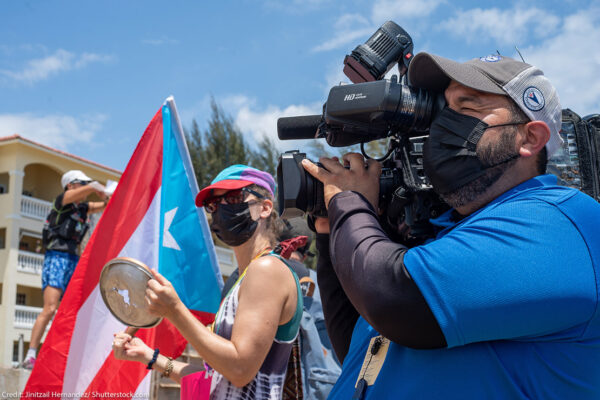Virginia Supreme Court Rules State Anti-SPAM Law Violates Free Speech by Curtailing Non-commercial Political Speech
FOR IMMEDIATE RELEASE
CONTACT: acluva@acluva.org
Richmond, VA - The Supreme Court of Virginia today struck down a Virginia law banning unsolicited bulk emails, or SPAM, on grounds that the law is overly broad, criminalizing not only commercial SPAM but anonymous non-commercial bulk emails containing political and religious messages.
In its opinion, Virginia's highest court wrote, "…were the Federalist Papers just being published today via email, that transmission by Publius would violate the statute."
ACLU of Virginia filed friend-of the-court briefs in the Virginia Court of Appeals and the Virginia Supreme Court on behalf of Jeremy Jaynes, the first person to be convicted under Virginia's tough anti-spam law. Jaynes' lawyer and the ACLU argued that the Transmission of Unsolicited Bulk Electronic Mail (TUBES) statute, signed into law in 2003, violates the First Amendment's protection of anonymous speech.
Jaynes received a nine-year prison sentence for sending 10,000 emails with false sender information. The TUBES statute made it a felony to disguise the source and routing information of unsolicited bulk electronic mail.
Because the only way to send an anonymous e-mail is to disguise routing information, the result of the TUBES statute is that all anonymous or pseudonymous bulk e-mails are illegal. Of particular concern to the ACLU was the fact that the TUBES statute did not distinguish between commercial and non-commercial communications. It not only prohibited emails selling miracle drugs and the like, but also the electronic equivalent of political pamphlets.
"We believed that the critical flaw in the law was that it failed to make the distinction between commercial and non-commercial speech, and the court has now agreed with us," said ACLU of Virginia Executive Director Kent Willis. "There is a long tradition of protecting anonymous non-commercial speech in this country."
"The internet is a uniquely democratizing public forum that provides ordinary people with an outlet to express a wide variety of opinions," added Willis. "Some of those views may be controversial, making anonymity or the use of pseudonyms essential for giving those ideas fair consideration in public debates. Speech on the Internet deserves no less First Amendment protection than in any other medium."
A copy of the Virginia Supreme Court's decision can be found online at www.acluva.org.


